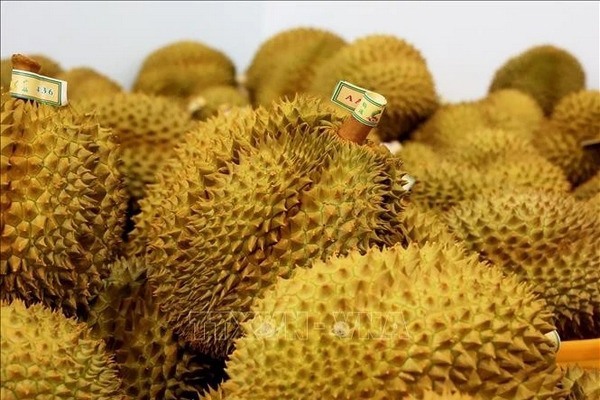Vietnam has seen a notable increase in its fruit and vegetable export revenues, reaching 7.2 billion USD in 2024, a substantial rise from 3.3 billion USD two years prior. This growth is attributed to the successful entry of Vietnamese pomelos into the Republic of Korea and passion fruits into Australia. Moreover, agreements with China have facilitated the market entry for Vietnamese fresh coconuts and frozen durians, with exports to China surpassing 4 billion USD. Nguyen Quang Hieu, Deputy Director of the Plant Protection Department under the Ministry of Agriculture and Rural Development, highlighted that this success reflects the compliance of Vietnamese fruits with international import requirements and the producers' and exporters' adherence to regulations.

The negotiation and market entry processes have been strategically aligned with the regulatory requirements of importing countries and Vietnam's production capabilities, benefiting businesses, cooperatives, and farmers by reducing input costs and simplifying administrative procedures. Additionally, the implementation of off-season cultivation techniques has played a crucial role in increasing the economic benefits of certain fruits by 1.5 to 2 times, enabling year-round exports, with durian being a prime example.
However, the burgeoning success in the fruit export sector has led to challenges in the coconut industry, with a severe raw material shortage in Ben Tre, the coconut capital of Vietnam. This shortage has forced many companies to operate below capacity or halt production altogether. Despite these challenges, Vietnam's coconut processing technology has reached international standards, with the coconut sector expected to achieve a record export turnover of 900 million USD in 2024. The coconut processing industry, now representing over 70% of coconut export value, utilizes almost every part of the coconut, supporting the development of a circular and multi-value agricultural model.
Addressing the challenges of penetrating the Chinese market, Nguyen Thanh Binh, President of the Vietnam Vegetable and Fruit Association, emphasized the need for restructuring fruit production towards large-scale, concentrated production that meets high-quality standards and complies with market regulations. Investment in post-harvest processing technology and preservation methods is essential to reduce spoilage rates and ensure efficient transport to distant markets, alongside diversifying the product range to enhance consumer choices.
Source: Lang Son News
